Indian women are making their unique position in every sector of society. Indian women scientists have their own special place in the Indian scientific ecosystem. Now, making ‘her’ own special spot in this long tradition, Dr. Chandrima Shaha, a biologist, and professor at the National Institute of Immunology, is all set to become the first woman to head the prestigious Indian National Science Academy (INSA).
As president-elect of the INSA, she intends for science communication to be tackled “aggressively” and pseudoscience to be combatted when she takes charge as President in January 2020.
Dr. Shaha has previously served the INSA as vice-president and director of the National Institute of Immunology, Delhi.
Shaha often felt “invisible” as a young scientist sitting among her male colleagues.On this occasion, Dr. Chandrima Shaha said, while remembering her younger days, ‘Initially, when we started our careers, nobody would shake hands with women scientists,” they would be completely “ignored” by her male colleagues. Even male scientists that were married to “career women” greeted everyone else but their female colleagues’.
Dr. Shaha has previously served the INSA as vice-president and director of the National Institute of Immunology, Delhi. Shaha often felt “invisible” as a young scientist sitting among her male colleagues.
The Indian National Science Academy (INSA) was established in January 1935, aiming to promote science in India and harnessing scientific knowledge to benefit humanity and the nation. In its 85 years of existence, the Academy has never had a woman president.
Before setting her eyes on research and biology, in particular, Shaha was also a cricketer and a commentator for All India Radio.
Graduating with a Masters of Science from the University of Calcutta, she went on to complete her doctoral research in 1980 from the Indian Institute of Chemical Biology. At the University of Kansas Medical Centre, she carried out two years of post-doctoral research and remained at the Population Council of New York City for two more years. In 1984, Shaha joined the National Institute of Immunology as a researcher.

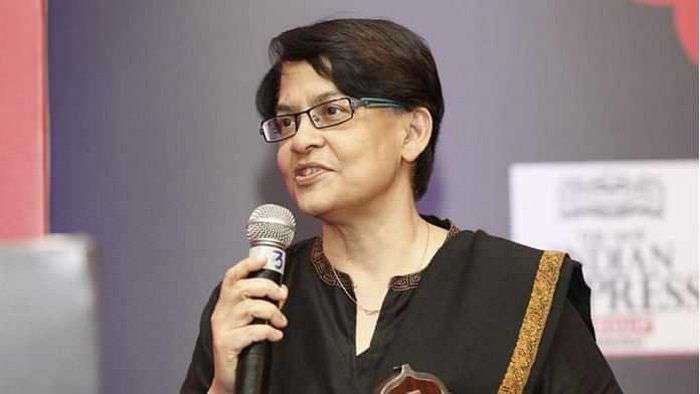


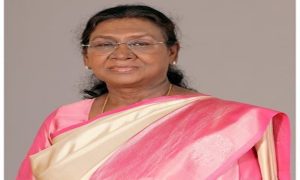





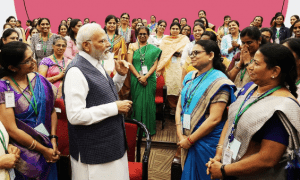

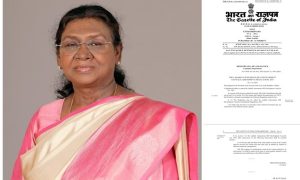





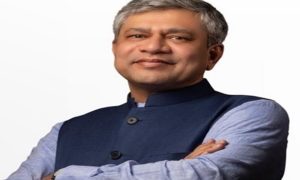

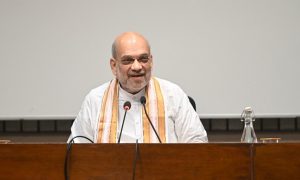

 WhatsApp us
WhatsApp us